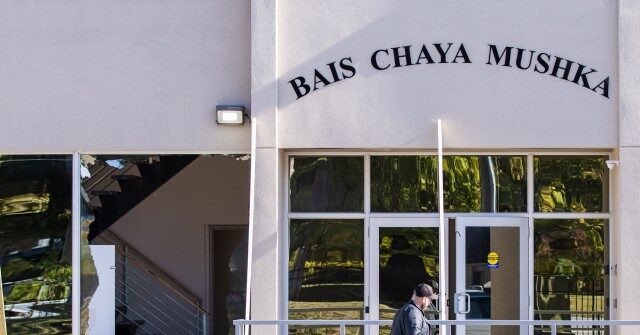A recent report released by Israel’s Ministry for Diaspora Affairs and Combating Antisemitism has unveiled a dramatic increase in antisemitism in Canada, noting a staggering 670 percent rise in incidents since the violent attacks by Hamas on October 7, 2023. The report highlights a concerning trend of escalating violence directed towards Canadian Jews, including multiple instances of gunfire and arson targeting synagogues, community centers, and educational institutions. These violent acts appear to correlate directly with pro-Palestinian protests and demonstrations conducted on various campuses, reflecting a hostile environment for Jewish individuals in Canada. Furthermore, the report documented numerous non-violent antisemitic acts, such as vandalism and harassment, with Jewish cemeteries being defaced and incidents of offensive speech being reported across the nation.
One alarming statistic from the report states that Jews now constitute 70 percent of the victims of hate crimes in Canada, despite accounting for only 1.4 percent of the overall population. This disproportionate representation of Jews among hate crime victims underscores escalating tensions and prejudice against the Jewish community. Notably, the report names several individuals and organizations as significant contributors to this rising tide of antisemitism. Among them, Ontario lawmaker Sarah Jama has faced condemnation from the provincial parliament for her inflammatory comments, while Lebanese-Canadian activist Laith Marouf found himself criticized after making violent declarations against Jews on social media, leading to the cancellation of his government contracts.
To counteract these rising threats, Minister for Diaspora Affairs Amichai Chikli outlined initiatives aimed at empowering the Jewish community, including plans for a course aimed at 30 Canadian rabbis and leaders. Chikli emphasized a persistent effort to monitor antisemitic threats and collaborate with law enforcement to thwart such activities. Despite these efforts, Jewish students in Canadian universities have reported widespread harassment, reflecting an alarming trend where over 500 incidents, ranging from graffiti to outright intimidation, have been recorded in Ontario alone. Hillel Ontario officials voiced their concerns about the toxic environment, emphasizing that targeting individuals for their Jewish identity is antithetical to Canadian values.
The report also draws attention to a violent incident at the Bais Chaya Mushka girls school in Toronto, which was shot at on multiple occasions without injuries. This event drew the ire of Prime Minister Justin Trudeau, who acknowledged the seriousness of the situation and reiterated his commitment to combating antisemitism. The Canadian government has also taken steps to designate Samidoun, a Canada-registered organization, as a terrorist entity due to its fundraising activities for the Popular Front for the Liberation of Palestine (PFLP), which is implicated in the October 7 attacks. This designation underscores a broader recognition of the dangerous nature of organizations fostering antisemitic sentiments in Canada.
Moreover, reactions from the Jewish community reveal an atmosphere of intimidation that has permeated daily life, with individuals expressing fears for their safety when engaging in public events or community gatherings. A resident of Vancouver described a heightened sense of discomfort in the wake of pro-Hamas demonstrations and threats against Jewish institutions, likening the conditions to being adjacent to a conflict zone. The sentiments echoed by many members of the Jewish community point to a substantial shift in the cultural acceptance of antisemitism, as evidenced by systemic issues within educational settings. Reports indicate that such biases are prevalent not only in student populations but also among faculty members, complicating the efforts to foster inclusive and accurate dialogues surrounding Jewish history and experiences.
In conclusion, the findings of Israel’s Ministry for Diaspora Affairs and Combating Antisemitism present a troubling portrait of the current state of antisemitism in Canada. The drastic increase in violent incidents, coupled with systemic biases in academic environments and public demonstrations, paints a harsh reality for the Jewish community. While governmental and community initiatives aim to combat this rising tide of antisemitism, the report underscores a pressing need for sustained engagement and education to address the root causes of prejudice. As discussions around antisemitism and societal values continue to unfold, it will be crucial for all Canadians to confront these challenges collaboratively, affirming the commitment to preserving a safe and inclusive society for all citizens, regardless of their background or beliefs.

